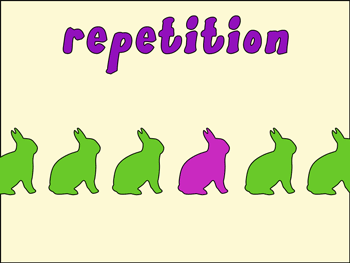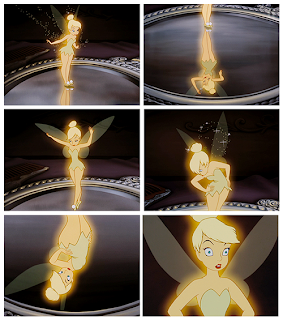Take my private life for example. I have conversations with my "boyfriend" after which I scrutinise and analyse every single word - and I mean every. single. word. and to me, it make sense, when I phrase sentences I'm careful with what I say, I formulate sentences and use certain words to get my point across. So why wouldn't he? If he wanted to seem cold, he may to this, if he wanted to seem allusive, he may do that, and if he wanted to fade out - well then clearly he'd do this.
Now by what i've just said, I don't mean i sit and ponder every phrase before entering a conversation with someone, but I mean, formualtion is just a natural part of conversation.
But however, apparently I over analyse, I look "way too into things", and overthink things.
So tell me, why does my brain seem to work overtime? Why do I naturally look into things way more than other people do?
Sometimes I reckon the reason i can't keep cool, calm and collected when talking to my "boyfriend" or reading messages he's sent me is because it's my own situation. I can't objectively and sensibly look at the situation because i'm too emotionally connected to it. I would say this idea has merit - this is why doctors arent allowed to treat relatives, why police officers aren't allowed to work on relative's cases and why people hire pschologists to help them out.
Sometimes I figure that my overanalysis comes from an intense insecurity or feeling of worthlessness. I don't see why this boy would like me or be into me and therefore try and find holes in his kindness or lies in his flatteries.
Other times i think, maybe its just one of my flaws. Everyone has flaws, some people are mardy all the time, some people don't read people well at all, some people are anal and somepeople (me for instance) read way too into things. Its just one of those things and practice and experience will eventually lead to the flaw disappearing.
However, I must argue with that and say that most of the time my "over-analysis" and feelings of rejection come from my gut instinct and what my body is telling me. If that feeling or intuition is normally wrong, because i'm a naturally negative person, does that mean I have to assume that my instincts are wrong? Surely instincts are instincts for a reason?
Also, if all of our knowledge is based on past experiences - and all of my past experiences with boys has been bad - then surely it is logical to assume and to believe that this "boyfriend" will hurt me like the others did? And if our instinct is based on past experiences as well then that explains why they'd make me feel the way i do.
However, this is sort of becoming a deductive/inductive (whichever one it is) slash scientific method sort of situation. Its like this:
"Boy comes along and hurts me, later another boy comes along and hurts me, soon another boy comes along and surprise suprise he hurts me, oh and yet another..."
you get my drift.
If A has never happened without B happening afterwards, then why would anything change? In terms of reliability in science, I have done many "trials" each time obtaining the same results. They say the definition of madness is repeating the same action and expecting a different outcome, so therefore I must be really sane... right?
But let's be realistic, in terms of relationships, i guess there is no deductive/inductive logic. Hopefully Clearly, I won't go the rest of my life without finding the right guy, he's bound to come along eventually, so why do I have so little hope?
I really do hope that purple bunny crops up soon..














